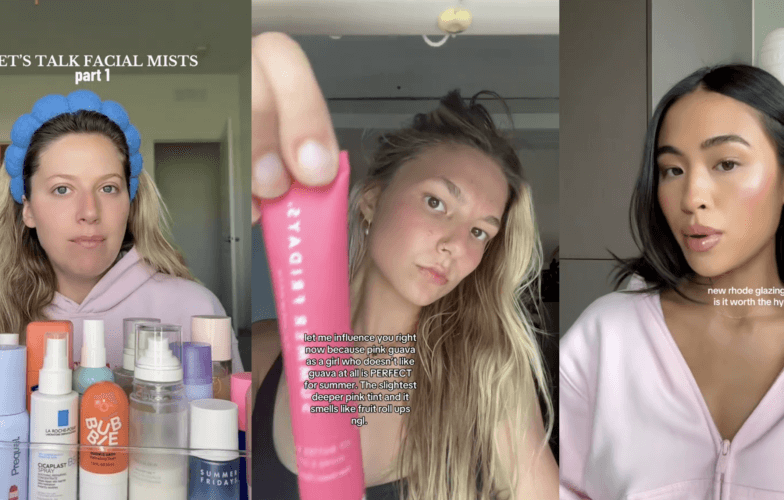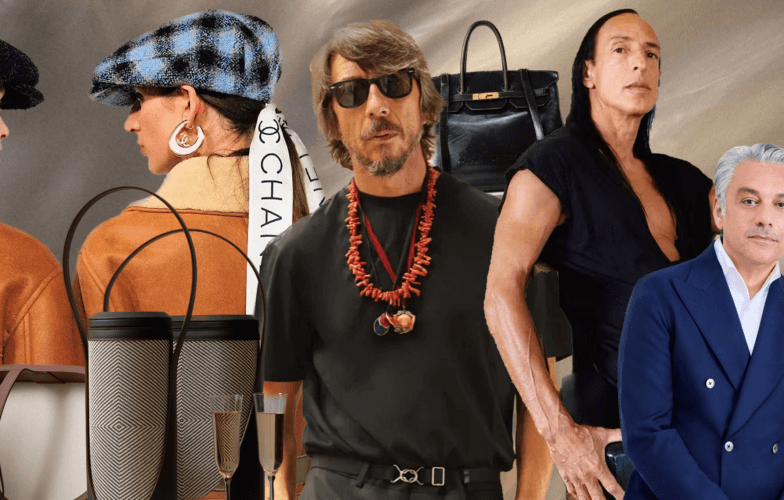
CHANGE FOR THE BETTER: the first meeting !
At NellyRodi we firmly believe that environmental social responsibility (ESR) is a strategic question that cannot be taken lightly nor handled in a disorganized fashion. ESR is a new categorical imperative that requires vision and a precise action plan. It’s not a constraint, it’s the opposite – a new resource that should be expanded and shared. A few months ago, we launched our Change for the Better! program, directed by Vincent Grégoire. The project is dedicated to transforming our work within NellyRodi and to transforming our sector to build more responsible and sustainable creative industries.
We’ve established a certain number of in-house measures to strengthen our commitment to promote access to culture and entrepreneurship and to reduce our environmental impact. Going even further, for several months we’ve focused on reassessing our own ways of working and on strengthening our collaborators’ ESR culture.
In keeping with our enthusiasm for innovation, we’ve set up a Think Tank composed of leading figures and startups known for their expertise on specific ESR elements. Think Tank members include: Jordane Salomez (Get Real), Sakina M’sa (Front de mode,…), Camille le Gal et Laure Betsch (Fairly Made), Agnes Vernier (Tekyn)
We met in March to reaffirm our conviction that the current crisis the creative industries are experiencing should be an opportunity for them to instigate extensive reinvention. This crisis is a chance for many professionals in our industry to ask the essential – and often existential – questions and to clear out everything that they have overdone and that weighs them down today: stock, waste, excess information, etc.
Of course, this transformation affects the strategies of businesses facing their clients’ growing desire for more sustainable development. And businesses can’t go forward without their customers and their customers’ inspiration. The recent Paris Good Fashion citizen consultation highlighted the many expectations of apparel consumers. The customers are our guides.
We’re convinced that this reinvention process has an impact on all of a company’s functions, and it demands the introduction of numerous initiatives:
- integrating eco-design methods that involve brands’ creative teams, without ever compromising on the objectives of product quality and sustainability;
- reevaluating the product offer structure, reducing assortments, reworking calendars;
- investigating sourcing to promote more local solutions, conducting analyses of products’ life cycles and clarifying production chain traceability. These steps will be indispensable to satisfy the AGEC (anti-waste and pro-circular economy) and Climate laws planned for 2022, which will require showing fashion products’ environmental characteristics;
- reducing the environmental impact of transportation and distribution as well as the use of all digital technology;
- working to create solutions for the care, recycling and repair of clothing and objects to improve their durability and avoid destroying unsold goods;
- and in general, continuing to be attentive to the social impact of the design and manufacturing of the goods that we produce and to choosing diversity in how products are represented.
Though the scope of this program may seem ambitious, we nonetheless favor a “test and learn” logic and recommend that brands find the right angle for their approach, one based on an identified axis and always in tune with their strategy and identity. They can use this foundation to control, quantify and measure their efforts as part of a dynamic perspective. We must never stop asking what’s important for managers or partners for brands in the creative industries, or what challenge the brand will choose as its first priority. What is the essential element within sustainable development that can help a brand develop more and better?
Efficiently transforming a business model can’t happen without support from the teams involved in the project. So businesses shouldn’t hesitate to make ESR an essential factor when planning training and skill development for its teams. The goal is to transmit, as quickly as possible, a sustainable development culture and, beyond that, supply the needed tools to reach the objectives the brand sets. Younger generations’ interest in sustainable development is a plus. It’s an opportunity to repair the split with older generations and to generate dialogue, and that includes within companies.
Now that this first introductory meeting has been held, you’ll soon find a series of interviews with the Change for the Better! Think Tank members on nellyrodi.com. The articles will keep you informed on more precise aspects of sustainable development in the creative industries sector.



